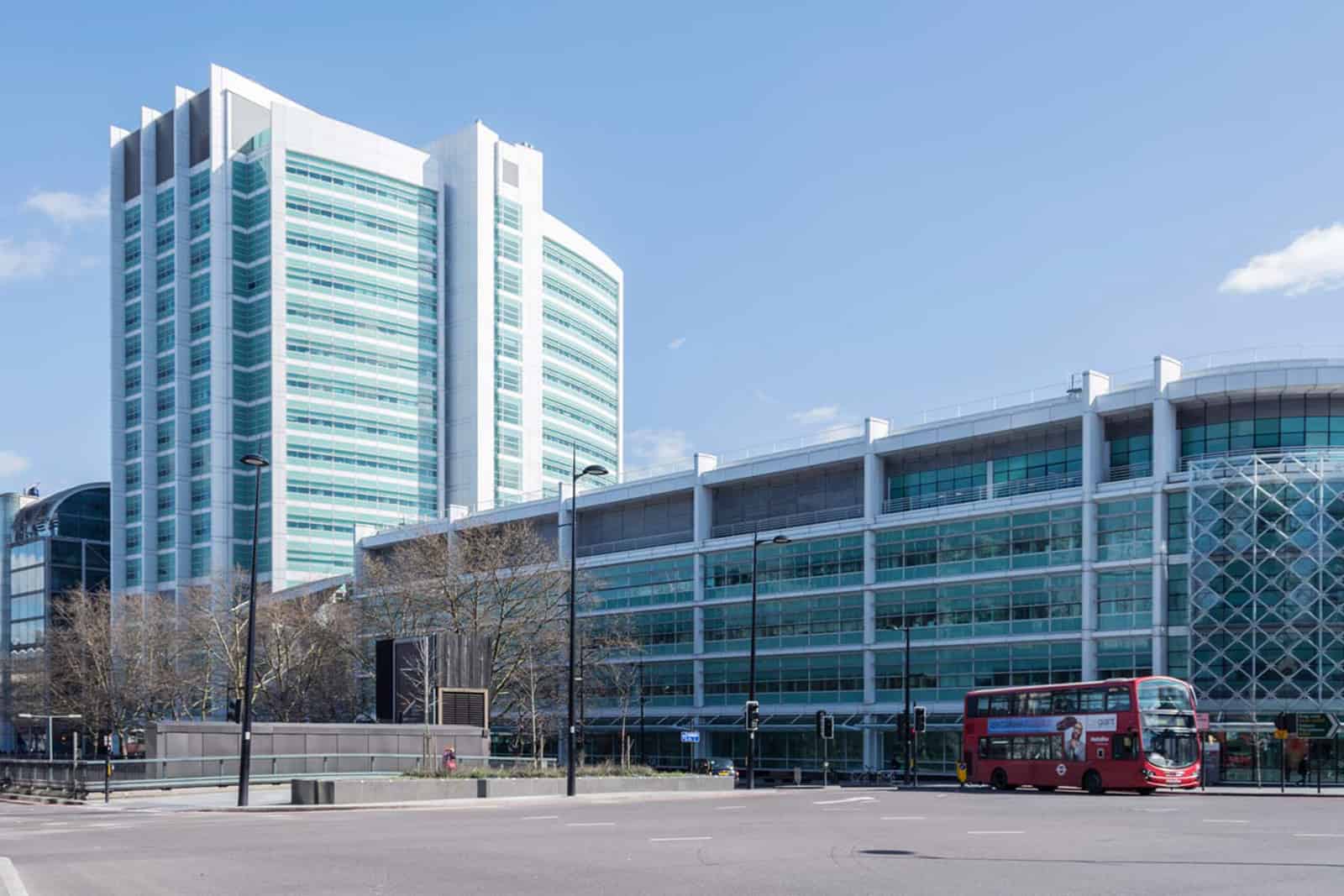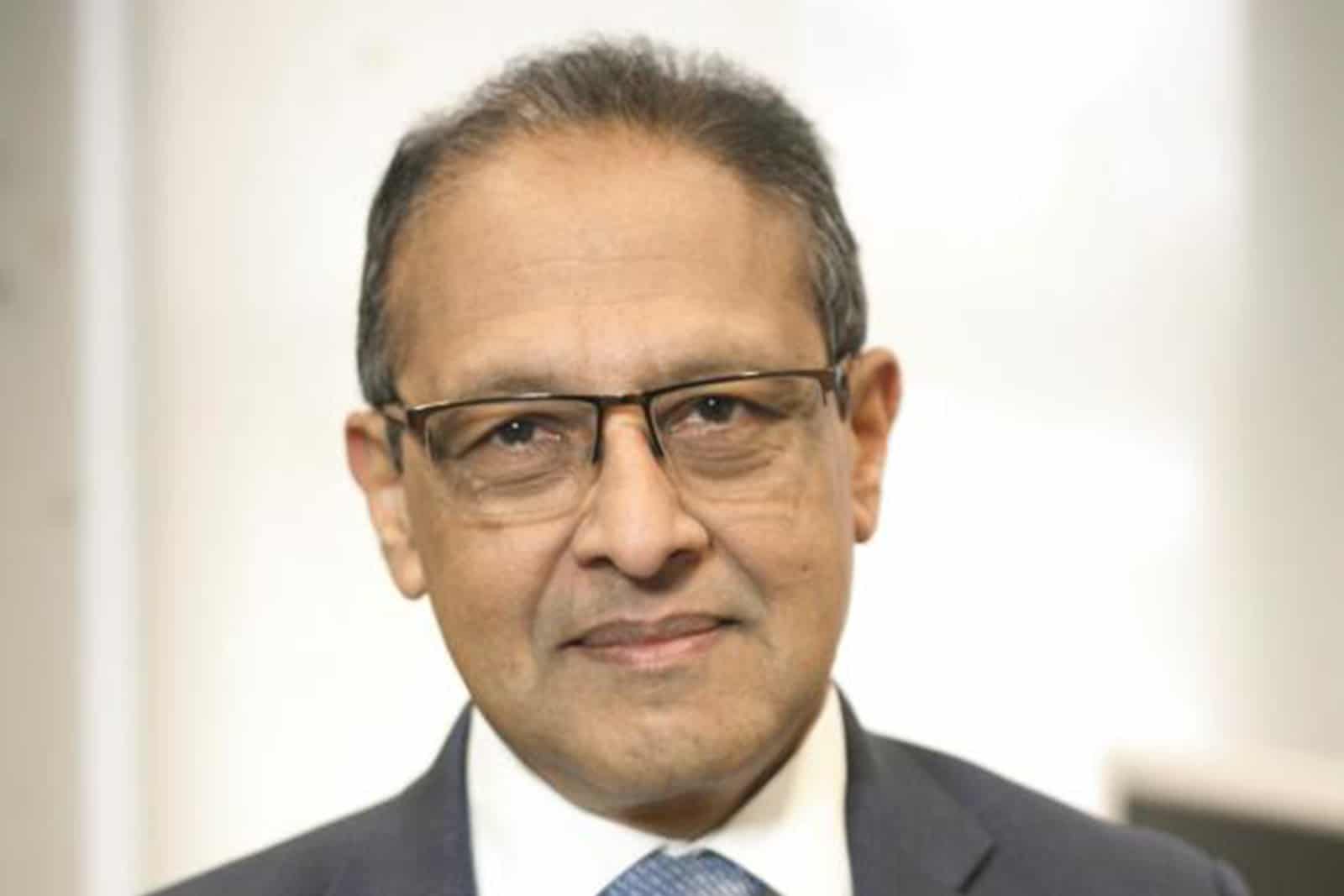Undoubtedly, it takes a lot to become a doctor. From getting accepted into medical school, completing an undergraduate degree in medicine for up to six years and finding the area that you want to further train and specialise in. Have you ever wondered why someone would train to become a consultant surgeon and what influenced their chosen specialty? A surgeon’s duty certainly isn’t just confined to an operating table. Surgeons divide their time between outpatient clinics, ward rounds, operating, paperwork and never-ending research, to say the least.
Professor Muntzer Mughal is a leading upper gastrointestinal (GI) surgeon and an honorary clinical professor in surgery at University College London Hospital (UCLH). Despite his busy schedule, Professor Mughal has found time to give us an insight into his life as a surgeon, from a typical day in clinic to the fascinating work that he has done for the UCLH Cancer Collaborative. This is the Cancer Alliance for North and East London whose mission is to improve early cancer diagnosis, outcomes and care for patients in this area. He also offers advice to aspiring junior doctors pursuing a career in medicine as to why becoming a consultant can be such a rewarding profession.
What inspired you to become a surgeon and to pursue your interest in upper GI surgery?
This might seem surprising but, for as long as I can remember, I have always wanted to be a surgeon. As a child, I developed a fascination for everything mechanical or electronic. I wanted to know how clocks and radios work and would often take them apart and put them back together again. As I grew older, my interest in how things work extended to the human body and I became fascinated by the ability to ‘repair’ the human body in much the same way as I used to repair motorbikes, cars and radios.
I decided to become a general surgeon and when I first became a consultant in 1989, most general surgeons did a bit of everything. Over the next 10 years, specialisation came in, particularly for the treatment of cancer, and I decided to pursue a career in upper GI surgery because it enabled me to operate in the abdominal and chest cavities as well as the neck. Many of the cancer operations I perform involve operating in all of these areas of the body and are both challenging and rewarding.
What does a typical day look like for you at the London Digestive Centre?
At the London Digestive Centre, I mainly see outpatients. Typically, I will see six to eight patients in my clinic. This is a mixture of new patients and follow-ups. Some patients will have been referred with a diagnosis of cancer for consideration for surgery.
Because it is important to explain the procedures very carefully and allow the patient time to understand and question me, I often ask my secretary to make the initial appointment for 45 minutes for cancer cases. A clinical nurse specialist (CNS) will often accompany me during this consultation to support the patient and their relatives. I also see patients with benign upper GI conditions and follow-ups after surgery or cancer treatment.
What is your favourite surgical procedure to perform and why?
My favourite surgical procedure is an operation called oesophagectomy. This requires an abdominal and thoracic approach. It is challenging but it is something that I have trained for and carried out for over 25 years. Usually, we use the stomach to replace the oesophagus but when the stomach is not available, I also have expertise in using the colon as a substitute. I am lucky to have been trained in this particular operation, which is not commonly performed by upper GI surgeons.

Tell us about your interest in improving cancer care systems – what have you done? What do you look to change for the better?
I was appointed joint Chief Medical Officer for the UCLH Cancer Collaborative (UCLH CC) in January. UCLH CC is one of 19 Cancer Alliances in England and Wales. In this role, I work with a large number of hospital trusts in North and East London, as well as GP practices to translate the National Cancer Plan into practice. This includes early diagnosis of cancer, quicker and better treatments and improving patient outcomes. It is a challenging role and involves working with a large number of people and sectors of the NHS.
We are working on a number of projects but I have particularly focused on improving how cancer multidisciplinary teams (MDTs) work. I wrote a report on this subject in 2017 and have been working with NHS England on the new guidance for streamlining MDT working. What I am most looking to change is to work with researchers in developing personalised care for cancer patients in the next five to ten years.
What’s the hardest part about your job?
The hardest part of my clinical work is giving bad news to patients. In my role as the Chief Medical Officer, the most difficult part is to make the improvements I have highlighted within the limited resources of the NHS and competing for funding with equally deserving sectors, such as mental health and heart disease. Apart from funding to improve infrastructure and purchase expensive equipment and drugs to treat cancer, there is a real challenge at present in manpower, for example, specialist nurses, radiologists and pathologists who are very important members of the teams that deliver cancer care.
What’s the most rewarding thing about your job?
The most rewarding aspect of my job is simply the privilege of treating patients and supporting them through their illnesses.
If you could choose another profession for a day, what would you pick?
Going back to the way that I developed my interest in surgery, I would have been an engineer of some sort, probably working in electronic engineering. I am fascinated by artificial intelligence, which is helping enormously in medicine. If I had not gone into medicine I think I would have been working in this area.
What advice can you give to aspiring junior doctors?
My advice to anyone contemplating a career in medicine is to encourage them as there are a huge number of subspecialties and they will find a niche that they will love. My advice to junior doctors is not to be put off by the hard work and long hours. They will be rewarded with a consultant job that will give them the opportunity of helping hundreds of patients during their careers. There are not many careers that offer that privilege.
Professor Muntzer Mughal practices at the renowned London Digestive Centre on Welbeck Street in Marylebone, London. Professor Mughal holds a clinical interest in gastro-oesophageal reflux diseases, oesophageal and gastric cancer, and in managing complications of upper GI surgery. If you would like to learn more about Professor Mughal or book a consultation to see him, check his availability here.








